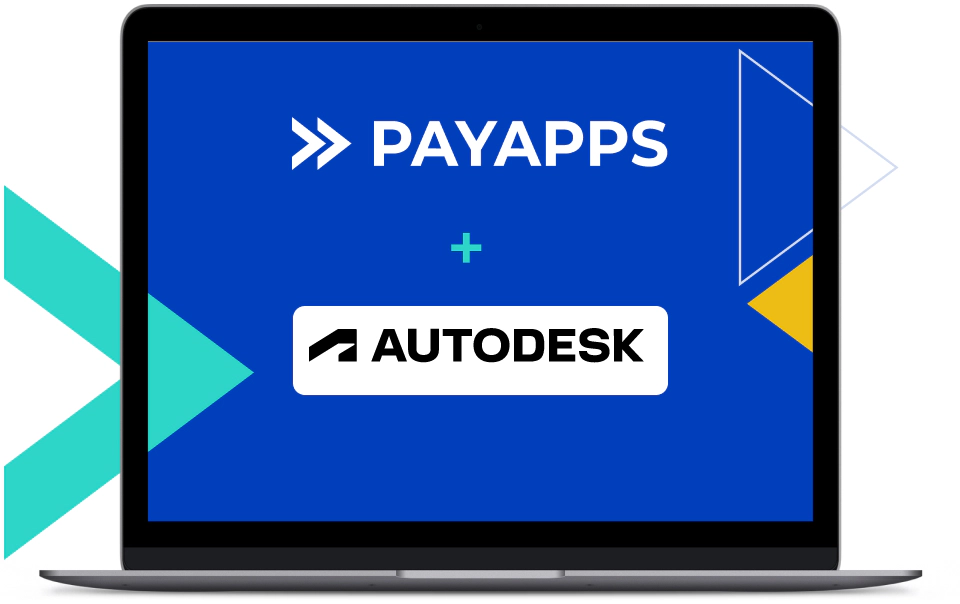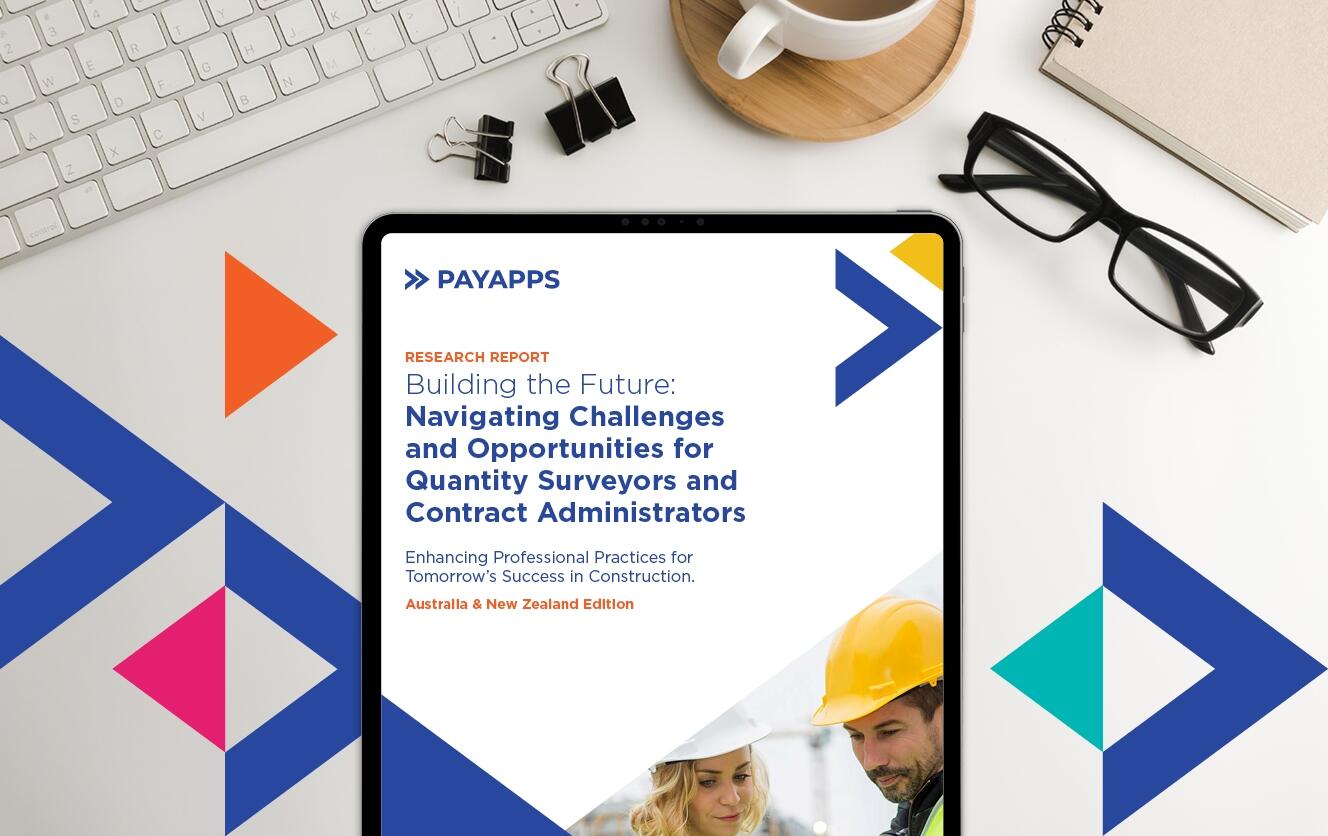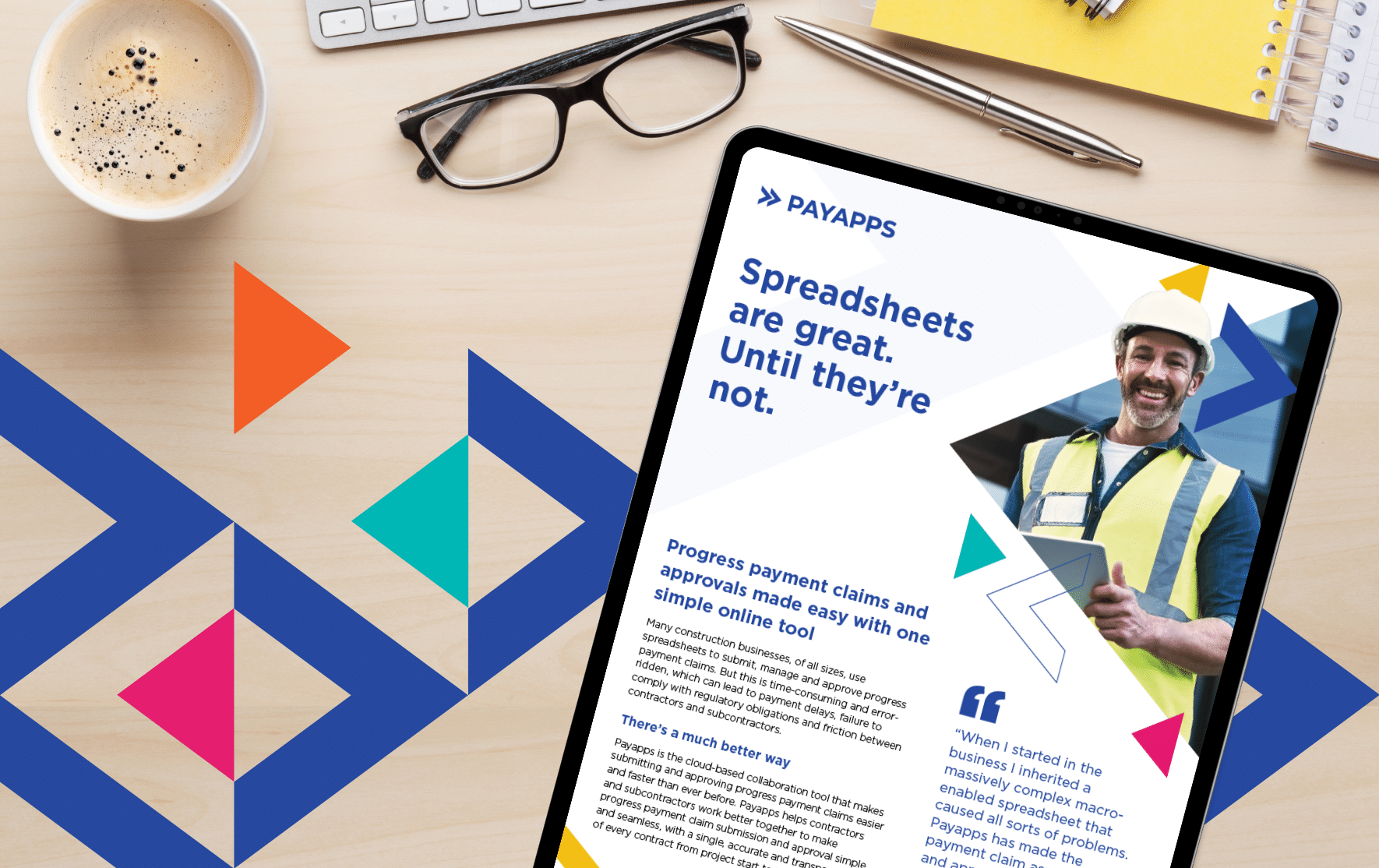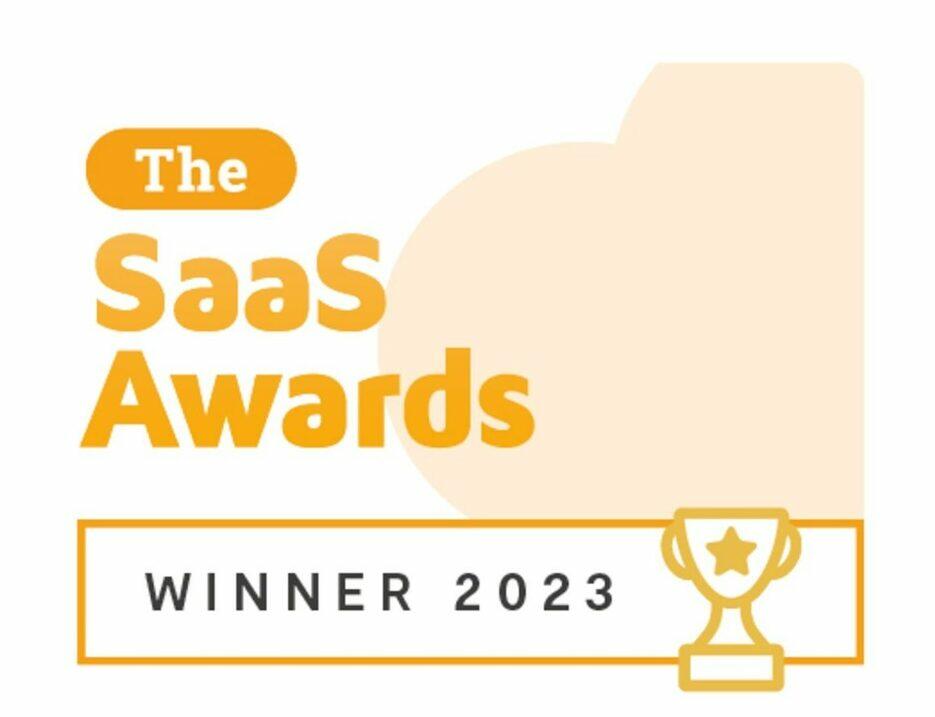Construction Companies are looking for ways to increase profitability through cost efficiencies and reduce risks by implementing improved compliance processes. The payment process in the construction industry is a tedious and administratively burdensome for general contractors and their trade partners. The adoption of back-office technology is becoming more critical to automating historically very time-consuming and error-prone manual processes in managing subcontractor billing.
Payapps has partnered with Autodesk bringing together two industry leaders in the construction technology space, extending the technology benefits to customers of both companies to help improve their accounting and Accounts Payable processes. With our innovative construction progress claim management solution, our alliance with Autodesk Construction Cloud offers a simplified and streamlined way to manage progress claims and how projects are managed in the construction industry.
While Autodesk Construction Cloud connects workflows, teams and data at every stage of construction to reduce risk, maximise efficiency and increase profits, Payapps provides a cloud-based solution for head contractors and subcontractors to collaborate on submitting and approving progress claims. It also enables capturing and validating compliance requirements such as insurances, subcontractor declarations and any other contractual requirements.
Five key benefits of Payapps-Autodesk partnership
1. Reduce administration overhead and build trust with standardised progress claims.
Autodesk Construction Cloud offers robust project management capabilities, allowing construction companies to effectively plan, track, and collaborate on their projects. By using Payapps, Autodesk Construction Cloud customers can now leverage the power of automation to digitise their spreadsheet-driven workflows, reducing progress claim approval cycle times and eliminating potential errors in the claim process. Since Payapps maintains standardised details of progress claims across multiple projects, having all data visible in one place makes the claim approval process quicker and simpler for teams working across multiple projects and contracts. It also eliminates the need for paperwork and manual data entry so that teams can focus on value-added tasks. Payapps helps ensure that every claim is accurate, resulting in fewer delays or disputes. This reduces administrative overheads and helps build trust between contract administrators and payment claimants, ensuring successful project outcomes.
2. Simplify and streamline progress claim submissions and approval workflows.
By combining Payapps’ expertise in progress claim management with Autodesk’s powerful construction management platform, we enable customers to streamline their financial processes, enhance collaboration, and achieve greater accuracy and efficiency in managing their construction projects. Main contractors and subcontractors collaborate on the Payapps platform, streamlining communication between both parties and making it quicker and easier for subcontractors to submit claims. Claims are visible to the entire project team when submitted, removing the need for tedious manual data entry processes. This ensures the timeliness of information, allowing all parties involved in a project to approve claims as quickly as possible to meet various state-based security of payment timelines.
3. Gain improved visibility of project costs.
Along with experiencing the benefits of connected workflows, teams and data at every stage of construction, Autodesk Cloud Construction customers can now gain improved visibility of project costs. Payapps maintains all project information in one place, enhancing visibility and streamlining business processes. With this single access point to all project information, users can quickly identify variations or approvals, reducing time spent on mundane tasks and enabling smarter decision-making. The end result is improved collaboration between stakeholders and an overall increase in efficiency using both platforms.
4. Improve financial reporting and accuracy.
Using Payapps, Autodesk Construction Cloud customers can streamline the financial process across all construction projects. Payapps enables subcontractors to submit accurate claims against agreed breakdowns, ensuring correct retention calculations and eliminating double data entry, ensuring that all parties have access to timely, reliable financial data.
5. Improve regulatory compliance and mitigate risk.
Autodesk Cloud Construction customers can benefit from Payapps’ expertise of sending reminders to approve progress claims and issue payment schedules, reducing the risk of payment disputes. Subcontractor document compliance is ensured with verification required for claim submission and approval. This reduces risks and helps comply with payment regulations such as the various state-based security of payments acts in Australia and the Construction Contracts Act in New Zealand.
Payment claims and approvals made easy.
By leveraging the combined strengths of Autodesk Construction Cloud and Payapps, construction companies can unlock many benefits for comprehensive project lifecycle management. This alliance facilitates streamlined project management, enhanced collaboration, real-time data insights, and improved progress claim and approval processes.
With Autodesk Construction Cloud, construction companies gain powerful tools for efficient project management, allowing them to plan, track, and coordinate projects efficiently. By supplementing their project management with Payapps, construction companies can further streamline their progress claim and approval processes. This combination enables seamless collaboration between contractors and subcontractors, simplifying communication and expediting the submission and approval of progress claims.








